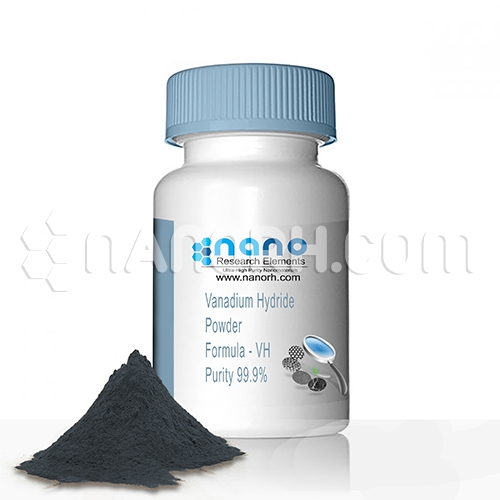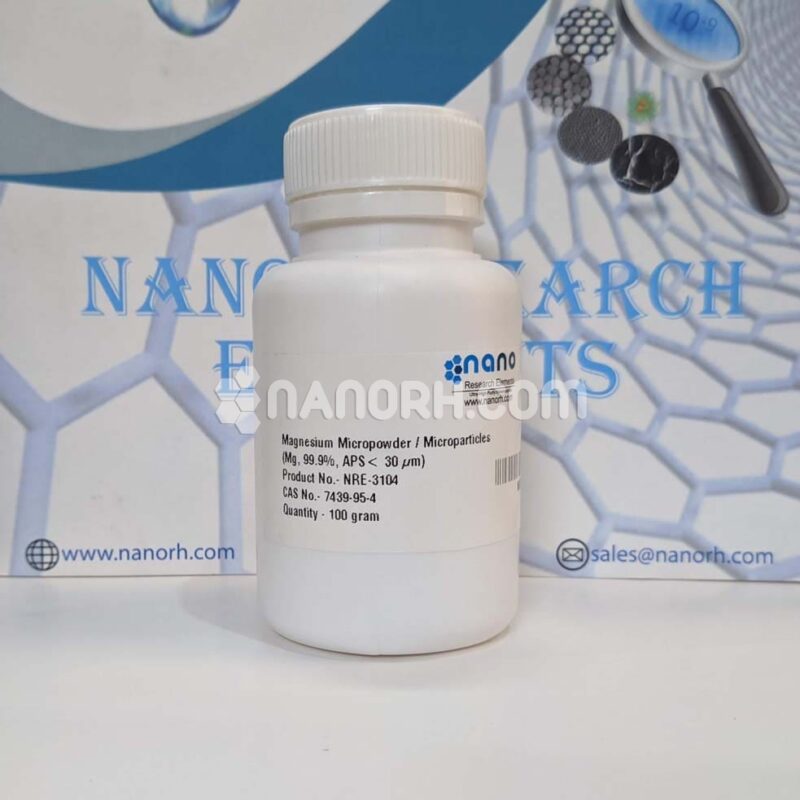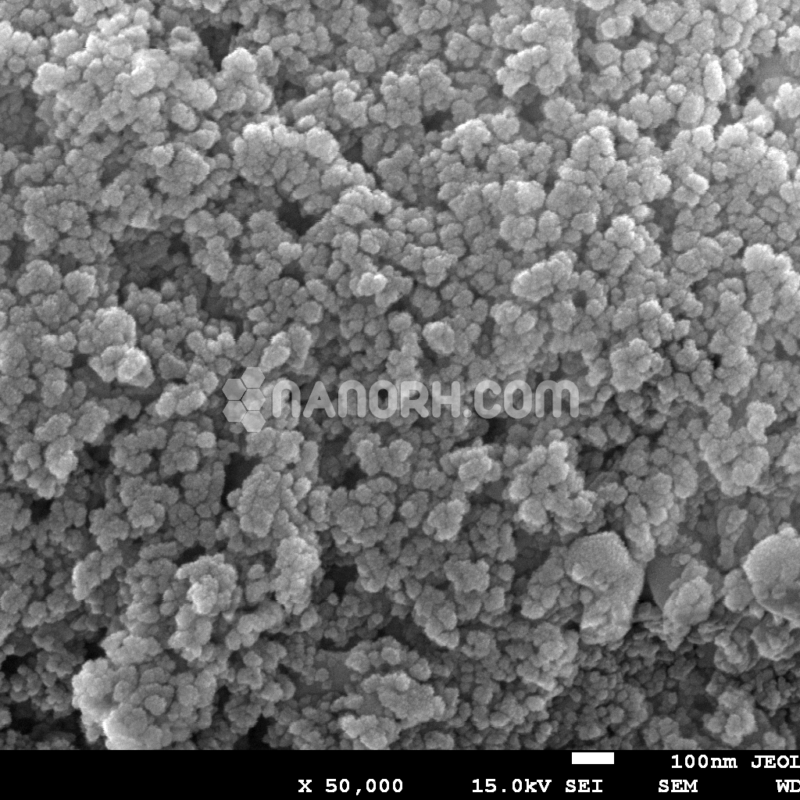| Vanadium Hydride Powder | |
| Product No | NRE-11280 |
| CAS No. | 13966-93-3 |
| Formula | HV |
| Density | NA |
| APS | <40µm (Can be Customized) |
| Purity | 99.9% |
| Form | Powder |
| Molecular Weight | 51.949 g/mol |
| Certificate Of Analysis | |
| Assay | 99.9% |
| Mn | 0.01% |
| W | 0.01% |
| Fe | 0.03% |
| O | 0.02% |
| C | 0.01% |
| Cr | 0.01% |
Vanadium Hydride Powder
Vanadium hydride powder is a chemical compound formed when vanadium (V) reacts with hydrogen (H) to produce a hydride, typically represented as VₓHᵧ where x and y denote the stoichiometric proportions of vanadium and hydrogen, respectively. Vanadium hydride powder appears as a gray to black powder and is highly reactive with oxygen and moisture, which means it should be handled with care.
Vanadium hydride is typically produced by reacting vanadium metal with hydrogen at high temperatures (around 200–300°C), under controlled pressure, which causes hydrogen atoms to absorb into the vanadium lattice. This process results in the formation of vanadium hydride, which exhibits a unique set of properties compared to pure vanadium.
Properties of Vanadium Hydride Powder:
Appearance: Gray to black powder
Density: About 6.0 g/cm³ (depending on the specific composition)
Melting point: Varies depending on the hydride composition, but typically around 200°C
Solubility: Insoluble in water; reacts with oxygen and moisture
Electrical properties: Conductive but may have different characteristics compared to pure vanadium
Applications
Hydrogen Storage and Fuel Cells:
Hydrogen storage: Vanadium hydride is often used in hydrogen storage systems. Due to its ability to absorb and release hydrogen efficiently, it acts as a medium for storing hydrogen at relatively low pressures compared to other storage methods. This property makes it a candidate material for use in fuel cells or other hydrogen-based technologies, where hydrogen needs to be stored and transported safely.
Fuel cell applications: Vanadium hydride’s hydrogen absorption properties are also explored in hydrogen fuel cells for clean energy production. It can be used in the development of energy systems that require a stable and efficient method for storing and releasing hydrogen for power generation.
Metal Alloys and Superconducting Materials:
Vanadium-based alloys: Vanadium hydride is used as a precursor in the production of vanadium-based alloys. These alloys are highly valued in applications that require high strength, heat resistance, and corrosion resistance. Adding vanadium hydride to alloys can improve the overall properties of the material.
Superconducting materials: Vanadium hydride is also explored for its potential to act as part of superconducting materials. The hydride forms have been studied for their magnetic properties and electron transport characteristics, which are important for developing superconductors that can operate at higher temperatures.



